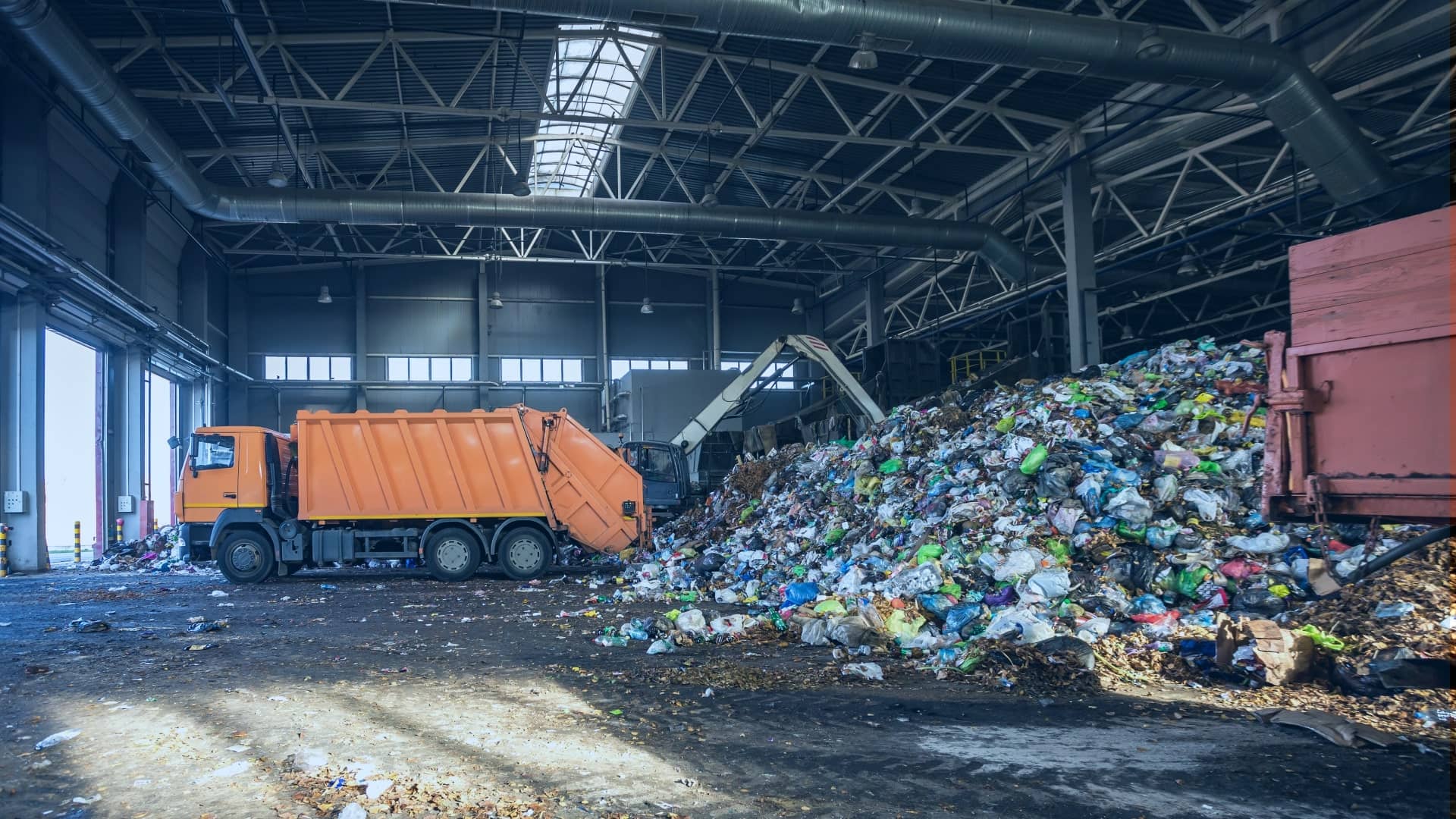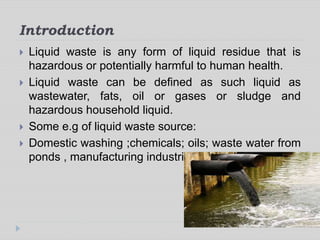Some Known Details About Reclaim Waste
Some Known Details About Reclaim Waste
Blog Article
Get This Report on Reclaim Waste
Table of ContentsLittle Known Questions About Reclaim Waste.All About Reclaim WasteSome Ideas on Reclaim Waste You Should KnowThe smart Trick of Reclaim Waste That Nobody is DiscussingReclaim Waste Fundamentals Explained
Domestic sewage waste refers to the waste and products from a residential septic storage tank. The correct monitoring and disposal of domestic sewage waste require liquid waste to be moved to a sewer therapy plant where the correct methods and tools are applied to purify and dispose of waste.
Commercial waste frequently includes possible hazards, such as flammable materials or a combination of liquid and strong waste products, and needs an extra advanced and in-depth disposal process. The disposal of business waste commonly involves the purification of waste prior to transportation to make sure risk-free and appropriate disposal. Hazardous waste is produced from by-products and drainage of industrial processes and production.
This kind of waste can not utilize the exact same sewage management transportation or procedures as septic or business liquids. The hazardous waste management process requires the inspection and screening of fluid waste before it undergoes the disposal procedure (liquid waste disposal melbourne). Runoff waste is the fluid waste that originates from overflow and excess stormwater in extremely inhabited locations or cities
Overflow waste can cause contamination and flooding if not dealt with properly. Ensuring correct waste monitoring can protect against catastrophes and decrease environmental injury.
Some Of Reclaim Waste
Contact PROS Solutions today to discover concerning our waste administration and disposal solutions and the appropriate means to take care of the fluid waste you produce.
(https://ameblo.jp/reclaimwaste1/entry-12874802223.html)Do you recognize what occurs to your water when you end, purge the commode or drain the washing equipment? No? Well, it's worth knowing. This so-called 'wastewater' is not just an essential resource yet, after therapy, will be launched to our land, waterways or the sea. Made use of water from bathrooms, showers, bathrooms, kitchen area sinks, laundries and commercial processes is called wastewater.

water made use of to cool down machinery or tidy plant and devices). Stormwater, a form of wastewater, is drainage that flows from farming and metropolitan areas such as roofing systems, parks, gardens, roadways, paths and seamless gutters into stormwater drains pipes, after rain. Stormwater flows neglected straight to neighborhood creeks or rivers, ultimately reaching the sea.
Reclaim Waste Things To Know Before You Get This
In Queensland, the majority of wastewater is dealt with at sewer treatment plants. Wastewater is carried from residential or industrial websites via a system of sewage systems and pump terminals, recognized as sewage reticulation, to a sewer treatment plant.
The Department of Natural Resources encourages regional governments regarding managing, operating and maintaining sewerage systems and treatment plants. In unsewered areas, city governments might require homeowners to set up individual or household sewer therapy systems to treat domestic wastewater from commodes, cooking areas, bathrooms and washings. The Division of Natural Resources authorises using household systems when they are confirmed to be reliable.
A lot of stormwater gets no treatment. In some new subdivisions, therapy of some stormwater to get rid of trash, sand and gravel has actually begun using gross toxin catches. Wastewater treatment takes place in 4 stages: Removes strong matter. Larger solids, such as plastics and various other things incorrectly discharged to sewers, are gotten rid of when wastewater is travelled through displays.
Wastewater after that flows right into large containers where solids work out and are gotten rid of as sludge. Grease and residue are skimmed from the surface area. Utilizes little living organisms recognizes as micro-organisms to break down and get rid of staying liquified wastes and fine fragments. Micro-organisms and wastes are incorporated in the sludge. Gets rid of nitrogen and phosphorus nutrients that could trigger algal blossoms in our waterways and intimidate aquatic life.
The Only Guide for Reclaim Waste
Nutrient elimination is not readily available at all sewage therapy plants due to the fact that it calls for pricey specialised equipment. It is becoming much more common in Queensland. Clear liquid effluent click here now produced after treatment might still contain disease-causing micro-organisms. If this effluent is launched right into rivers such as rivers or the sea, the micro-organisms will at some point pass away out.

This generally indicates wastewater has actually to be treated or pollutants removed before it can be discharged to waterways. A lot of wastewater flows right into the sewage system. Under the Act, regional governments carry out approvals and permits for environmentally pertinent activities (ERAs) entailing wastewater releases that may have a neighborhood influence. The department administers authorizations and licences to Periods including wastewater releases that could have a regional or statewide influence.
4 Simple Techniques For Reclaim Waste
Otherwise, examples are considered laboratory analysis. Usually numerous examinations are required to develop the levels of each of the different toxins such as oils, hefty metals and chemicals in water. Monitoring offers accurate details concerning water quality and can verify that permit problems are being fulfilled. The details obtained through tracking supplies the basis for making water high quality choices.
Report this page